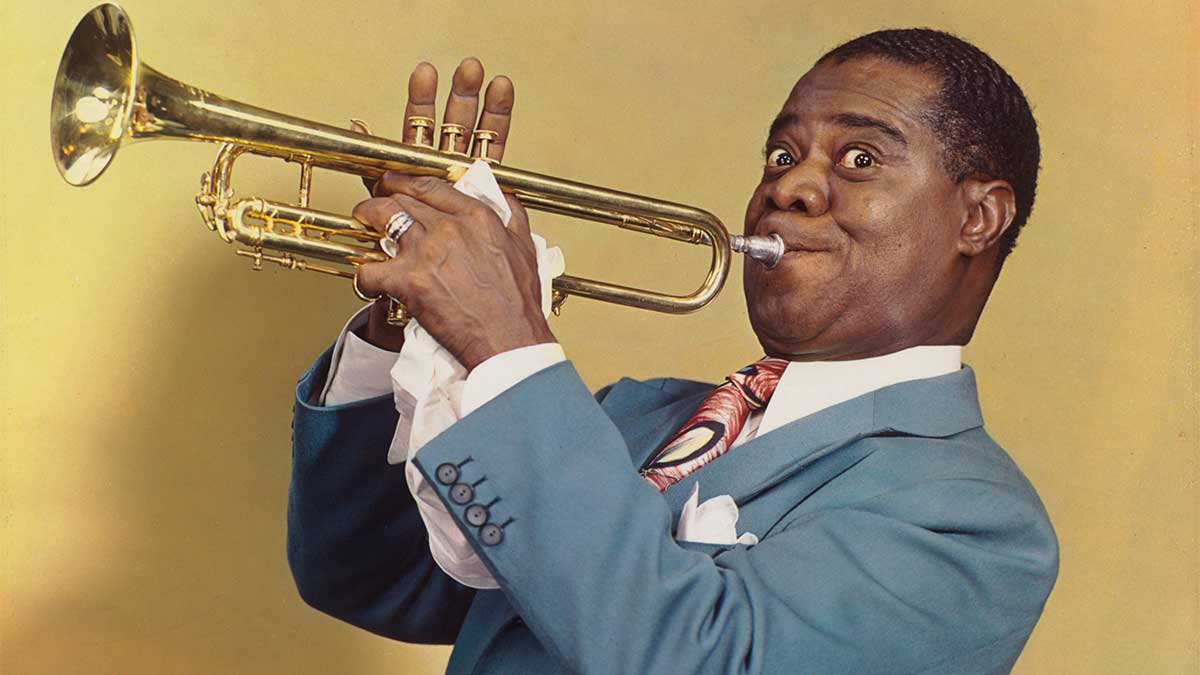
Aug. 4, 1901

Louis Armstrong, trumpeter known around the globe as “Satchmo,” was born in an impoverished area of New Orleans known as “the Battlefield.”
“As a boy, he released his energy in a variety of ways — not always socially acceptable,” singer Mahalia Jackson wrote. “One of Louis’ last transgressions as a youth, at the age of 12, was to fire a gun into the air during a New Year’ Eve celebration. He was arrested and sent to reform school.”
The two-year stay had an unexpected effect on the lad — he learned to play the cornet. After his release, he gravitated to where he could listen to music, surviving by selling newspapers and whatever work he could find. He eventually befriended one of the great band leaders of the day, Joe “King” Oliver, who gave him his first cornet.
Armstrong’s inventive playing and gravelly voice reached far beyond jazz, prompting singer Bing Crosby to declare, “He is the beginning and end of music in America.”
He broke down barriers, becoming the first Black American to host a nationally broadcast radio show and made countless appearances on radio, television and film. Often silent on politics, Armstrong made his own stand for civil rights in 1957 when he balked at participating in a U.S. government-sponsored tour of the Soviet Union after nine Black students were blocked from entering a Little Rock school. Complaining about President Eisenhower’s handling of the problem and the way “they are treating my people in the South,” he turned down the government’s request. “It’s getting almost so bad a colored man hasn’t got any country.”
In response to his comments, the FBI opened an investigation of him. He performed to the end, dying in 1971, a month before he would have celebrated his 70th birthday.

